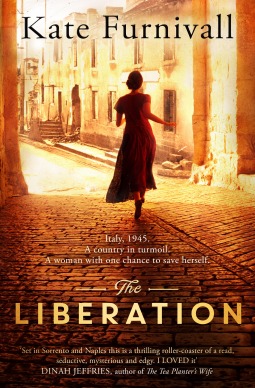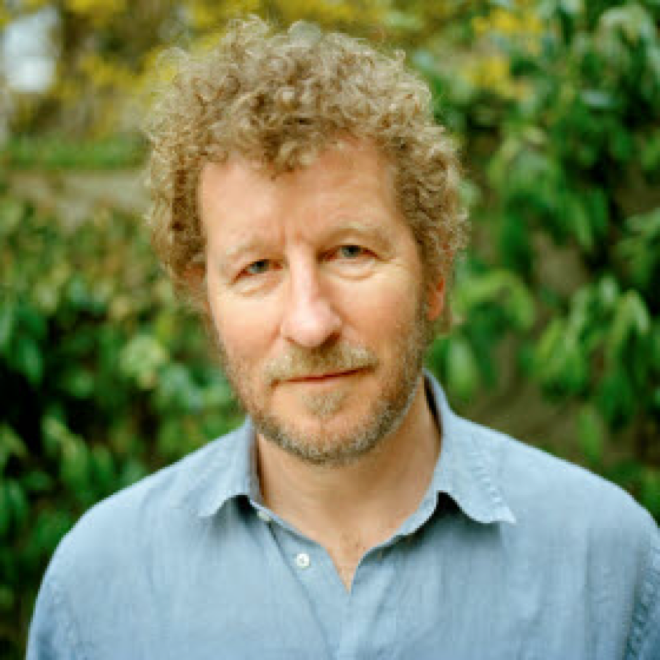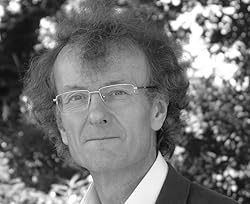Paperback: 552 pages
Genre: Historical Romance
Publisher: November 3rd 2016 by Simon & Schuster Ltd
Source: Tywyn Public Library
First Sentence: Caterina Lombardi didn't want Nonno to die.
My Opinion: It was quite by chance that I came to read this very readable novel set in southern Italy just after the Second World War. I just happened to see it on display at my local library recently and as an Italophile it appealed to me. I have never read any of Kate Furnivall's novels before but after enjoying this one she is an author I will not hesitate to read again.
The story is a tangled web of intrigue and deceit, a very descriptive account of a country that was struggling to survive. Caterina, the protagonist is a truly amazing young woman prepared to go to great lengths to protect her family. Highly recommended to fans of historical romantic fiction and Italophiles.
Précis Courtesy of Goodreads:
Italy, 1945: as British and American troops attempt to bring order to the devastated cities, its population fights each other to survive. Caterina Lombardi is desperate - her mother has abandoned them already and her brother is being drawn into the mafia. Early one morning, among the ruins of the bombed Naples streets, she is forced to go to extreme lengths to protect her family and in doing so forges a future very different to the one she expected. But will the secrets of her family's past be her downfall? This epic novel is an unforgettably powerful story of love, loss and the long shadow of war.
Video Trailer for ' The Liberation ' Courtesy of YouTube
Author Profile
Kate Furnivall was born in Penarth, Wales, UK to an English father and a Russian mother. She grew up there with her twin sister, an older brother and a sister.
Her mother's childhood was spent in Russia, China and India, and it was her that inspired her daughter to write, when she discovered the story of her grandmother. A White Russian refugee who fled from the Bolsheviks down into China. That extraordinary tale inspired her first book, The Russian Concubine. From then on, she was hooked.
Kate is the author of eight novels, including The Russian Concubine, The White Pearl and The Italian Wife. Her books have been translated into more than twenty languages and have been on the New York Times Bestseller list.
She went to London University where she studied English and from there she went into publishing, writing material for a series of books on the canals of Britain. Then into advertising where she met her husband, Norman, with whom she has two sons.
Photographs, Trailer and Biographical Information courtesy of the following sites.
YouTube - The Liberation Wikipedia - Kate Furnivall Goodreads Author Profile
Amazon Author Page Kate Furnivall - Author Official Website





